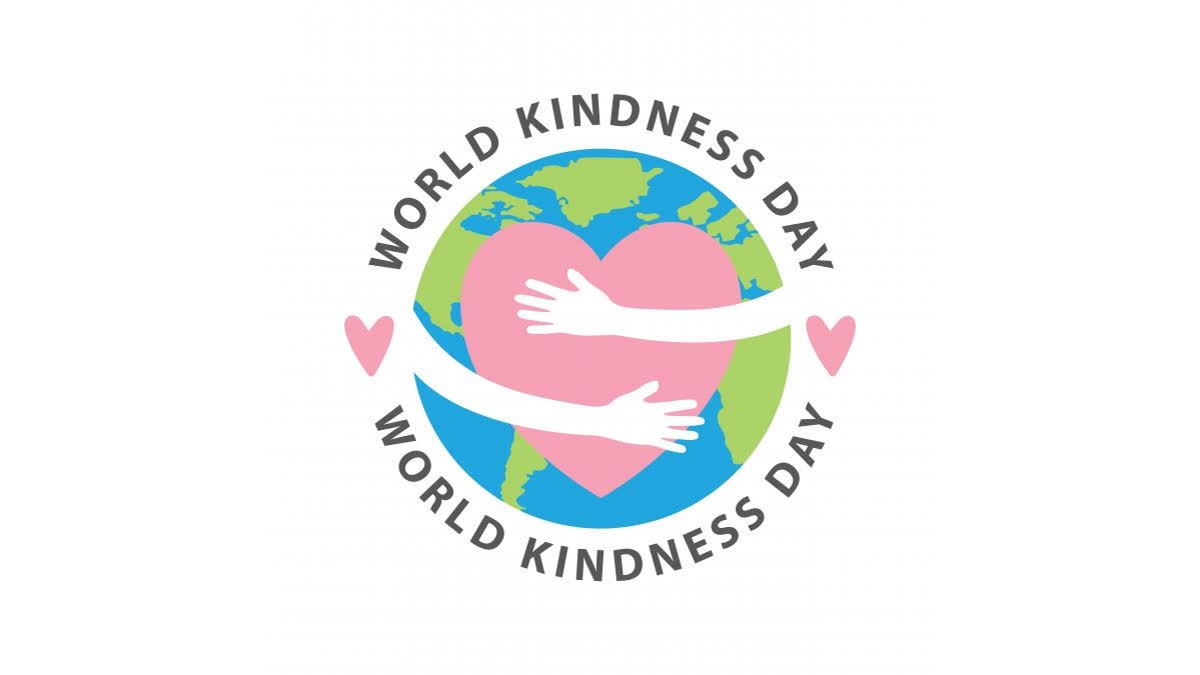Kindness is showing care and compassion to ourselves and others in many ways. It's as simple as a smile, a hug, or a helping hand without expecting anything in return. Every year, we celebrate World Kindness Day on November 13th to remind ourselves of the importance of kindness.
Kindness may make the world a more pleasant place for everyone. It can increase feelings of confidence, control, enjoyment, and optimism. Small acts of kindness go a long way- it is not only beneficial for us but also for society at large.
When did it start?
World Kindness Day began in 1997 with the first global gathering in Tokyo, Japan, by the World Kindness Movement. It became an annual celebration in many countries like Australia, Canada, Nigeria, and the United Arab Emirates. The day gained worldwide attention after 1998, with the UK starting its movement in 2005 and Singapore following suit in 2009. By 2019, the movement had spread to 27 countries, including France, the USA, Australia, and the UK, starting in 2010.
The Science of Kindness:
Humans need kindness from others to thrive. Like all mammals and birds, we can't survive on our own for a long time. Even as babies, without the care of our mothers and others, we would die quickly. This shows that from the beginning, we're programmed to seek care, which is a fundamental need. Our bodies respond to kindness, making us feel safe and at peace.
Research has shown that loving touch from someone close to us activates different brain areas, leading to relaxation and a "rest and digest" response. However, if someone we dislike touches us, it can trigger stress and harmful physical and chemical reactions.
Kindness is not just an idea; it's a real biological and emotional response. It's crucial for happiness and well-being, not just for individuals but also for societies. Studies, including 'The World Happiness Report' by the United Nations, highlight how kindness, especially in the form of giving, is linked to higher happiness levels. This is because acts of kindness benefit both the giver and the receiver, suggesting that kindness is indeed more important than money for happiness.
Kindness Is Love In Action:
Kindness is the various ways we show care and consideration for ourselves and others. It can be as simple as a smile or as significant as a generous act. It includes comforting words, thoughtful actions, and acts of kindness that we often give and receive in life. In a world full of difficulties, kindness acts like a breath of fresh air, renewing us and giving us the strength to keep going. It reminds us of our purpose and how we can make a positive impact on others. Kindness brings joy and makes life beautiful, despite its challenges.
Kindness is a choice, even when it's hard. There are many other options like being apathetic or angry, but we can still choose to be kind. Sometimes, things might make it difficult, like tough situations, people testing us, or bad news, but we still have the power to choose kindness. Kindness also comes in many forms, and love is a key element that makes it all meaningful. Love makes kindness and all its related actions, like support and empathy, stronger. This doesn't come as a surprise since kindness is a form of love.
Simple Ways to be Kind:
Spread kindness: Thank friends; compliment others; reconnect with family; reward employees; help the needy, animals, or elderly; donate blood, food, money, clothes, or blankets; share positivity; adopt a pet; plant trees; join cleanups; support causes; volunteer; and practice gratitude.
Benefits Of Kindness:
- Kindness Brings Happiness.
- Kindness Heals the Heart.
- Kindness Halts the Aging Process.
- Kindness Strengthens Relationships.
- Kindness Spreads Like a Virus.
- Kindness Boosts the Immune System.
- Kindness Stimulates Feel-Good Hormones.
- Kindness Promotes Mental Well-being.
- Kindness reduces Anxiety.
- Kindness relieves Stress.
- Kindness reduces loneliness.
- Kindness has a rippling effect.
- Kindness Creates a positive view of life.



